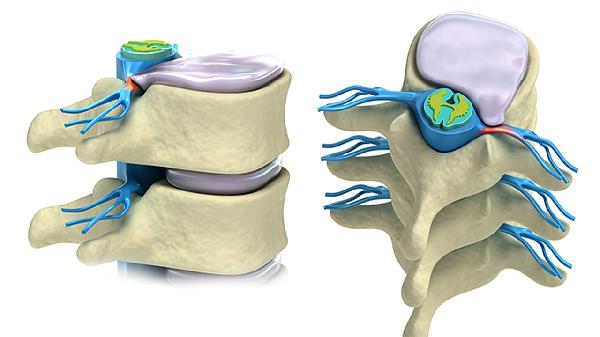If you’re constantly bending over backward to make everyone happy—except yourself—your childhood might be to blame. Yep, certain parenting habits can wire your brain to prioritize others’ needs over your own, turning you into a full-time people-pleaser. The good news? Recognizing these patterns is the first step to breaking free.

1. Conditional Love & Approval
Nothing fuels people-pleasing like growing up with love that felt like a reward system. If your parents only praised you when you achieved something or acted a certain way, you probably learned early that your worth was tied to performance. Now, you might chase validation by saying "yes" to everything, terrified that setting boundaries will make people withdraw their affection.
2. Emotional Parentification
Some parents rely on their kids for emotional support, treating them like tiny therapists or confidants. If you were constantly soothing your mom’s stress or mediating family drama, you likely developed a hyper-awareness of others’ emotions—and now feel responsible for fixing them. This habit trains you to ignore your own needs because, hey, someone else’s crisis always seems more urgent.
3. The "Good Kid" Trap
Were you the easygoing, low-maintenance child who never rocked the boat? Parents who emphasize being "well-behaved" over being authentic can accidentally teach kids that discomfort = disobedience. Fast-forward to adulthood, and you might suppress your true feelings to avoid "inconveniencing" anyone—even if it means swallowing resentment.
4. Perfectionism Pressure
High expectations aren’t inherently bad, but when mistakes were met with disappointment or punishment, you might’ve internalized that errors = failure. Now, you over-deliver, over-apologize, and overwork yourself to avoid criticism. Spoiler: Perfection is a myth, but people-pleasing keeps you chasing it anyway.
5. Guilt Trips as Discipline
"After all I’ve done for you…" sound familiar? Parents who weaponize guilt to control behavior create adults who equate saying "no" with being selfish. You might agree to things you hate just to avoid that icky feeling of "letting someone down"—even if that someone is a coworker who definitely doesn’t deserve your free labor.
Breaking the Cycle
Unlearning people-pleasing starts with questioning why you feel compelled to say "yes." Was it really your choice, or just old programming? Therapy helps, but even small acts of rebellion—like turning down a request without explaining yourself—can rewire those habits. Remember: You’re allowed to take up space, even if it wasn’t safe to do so as a kid.
























